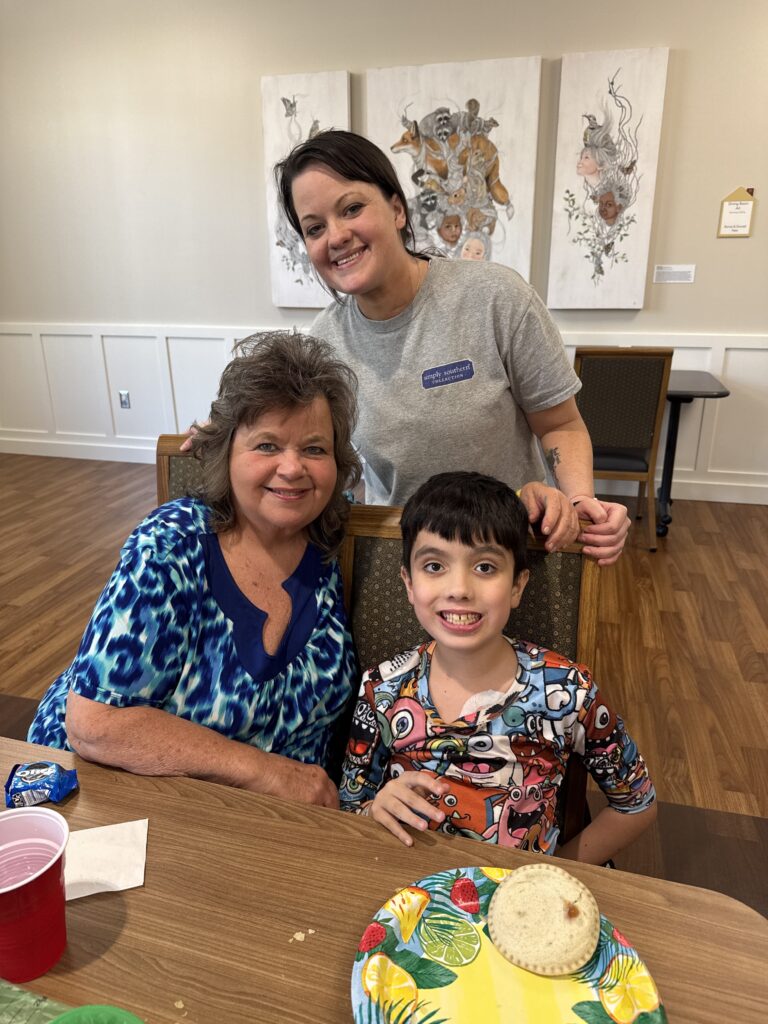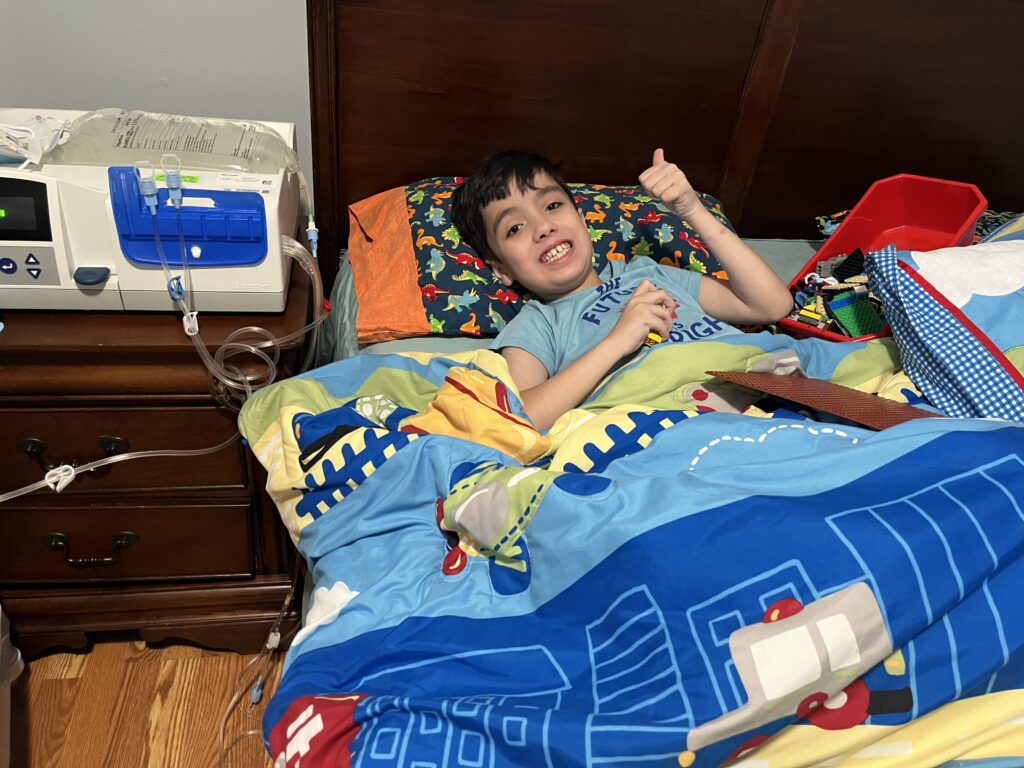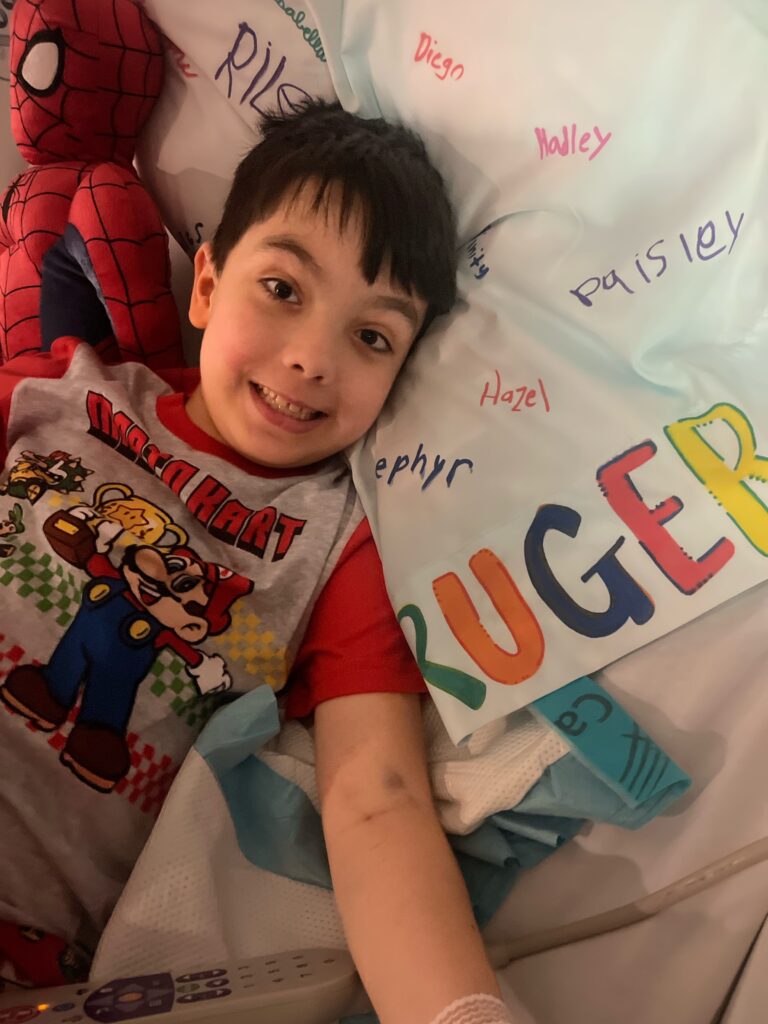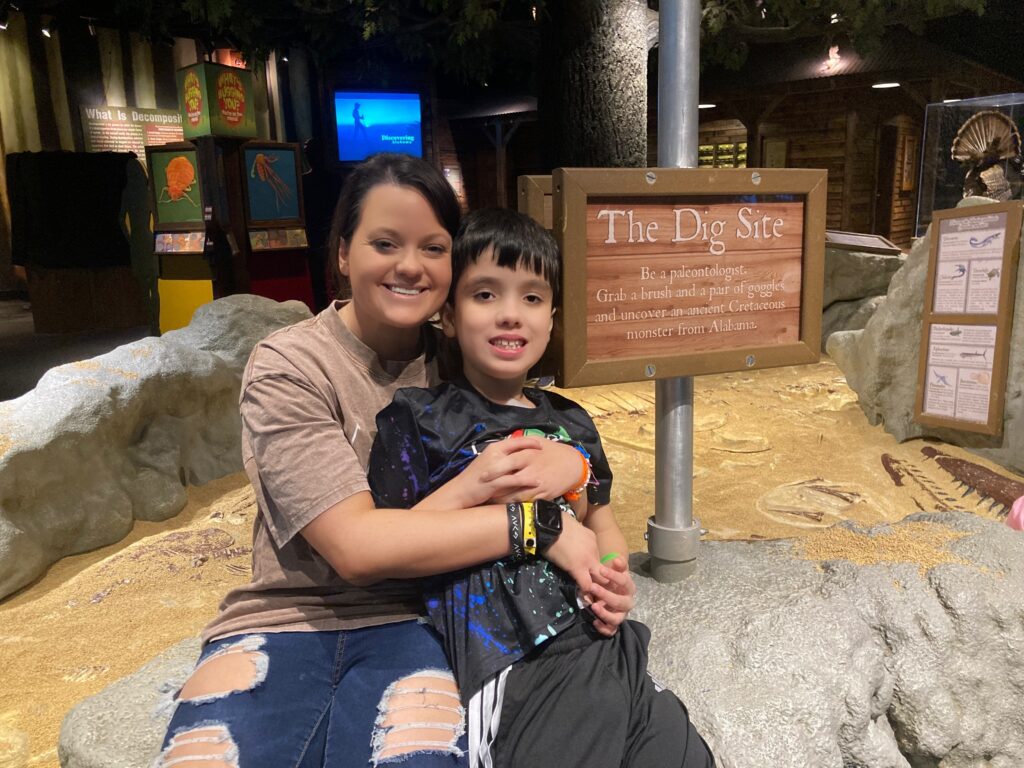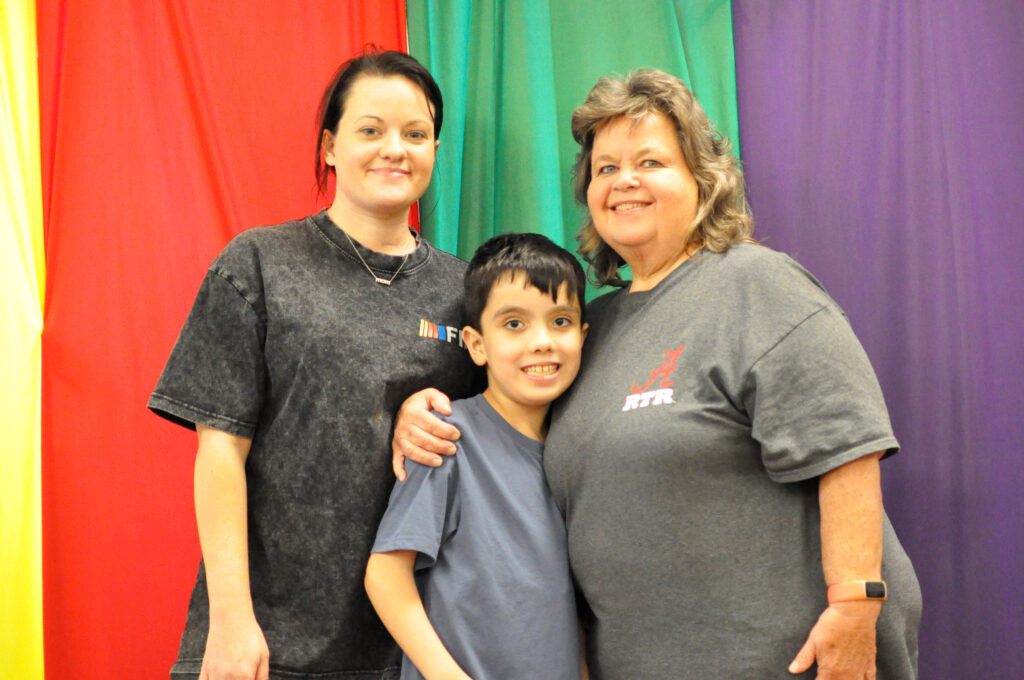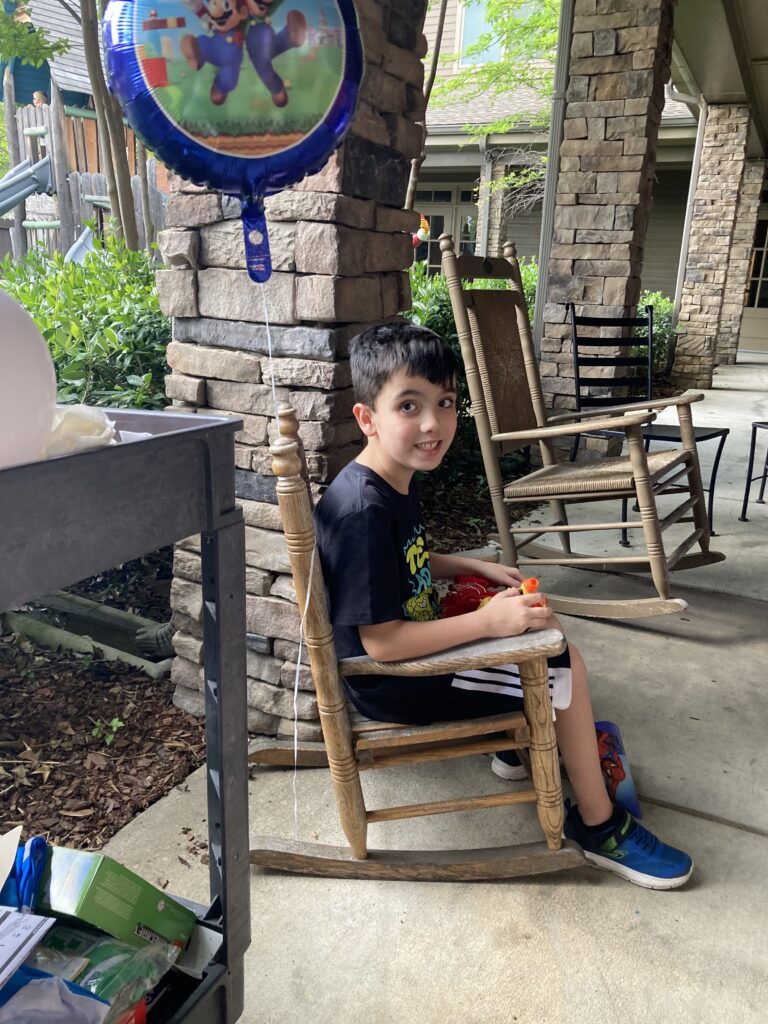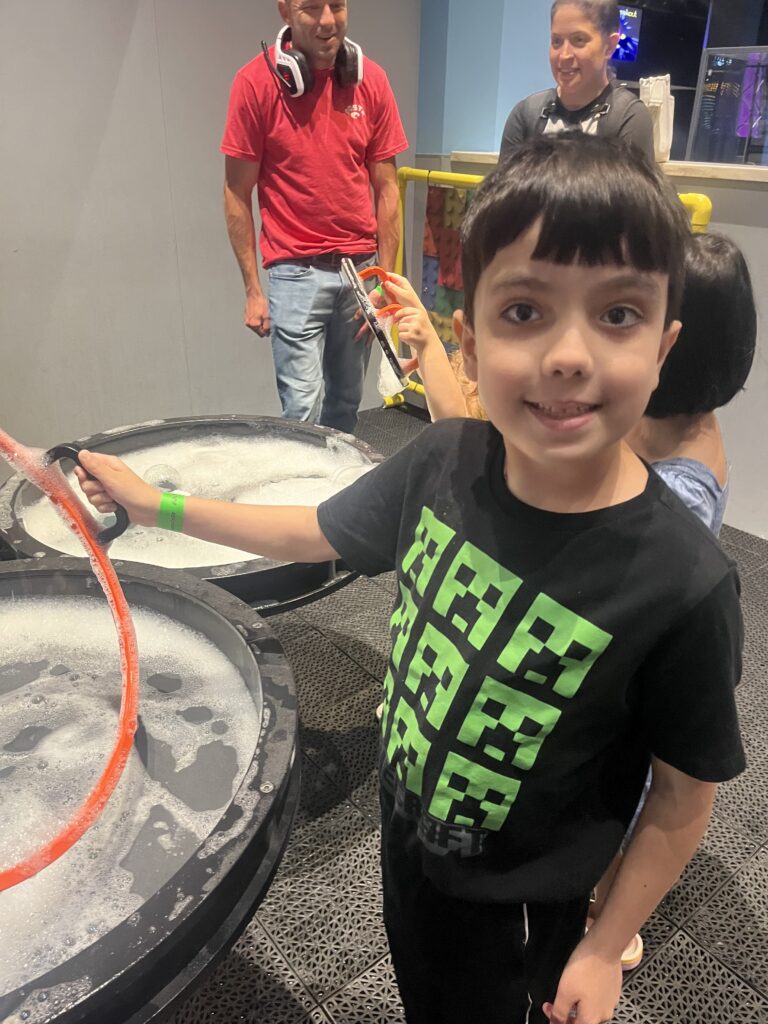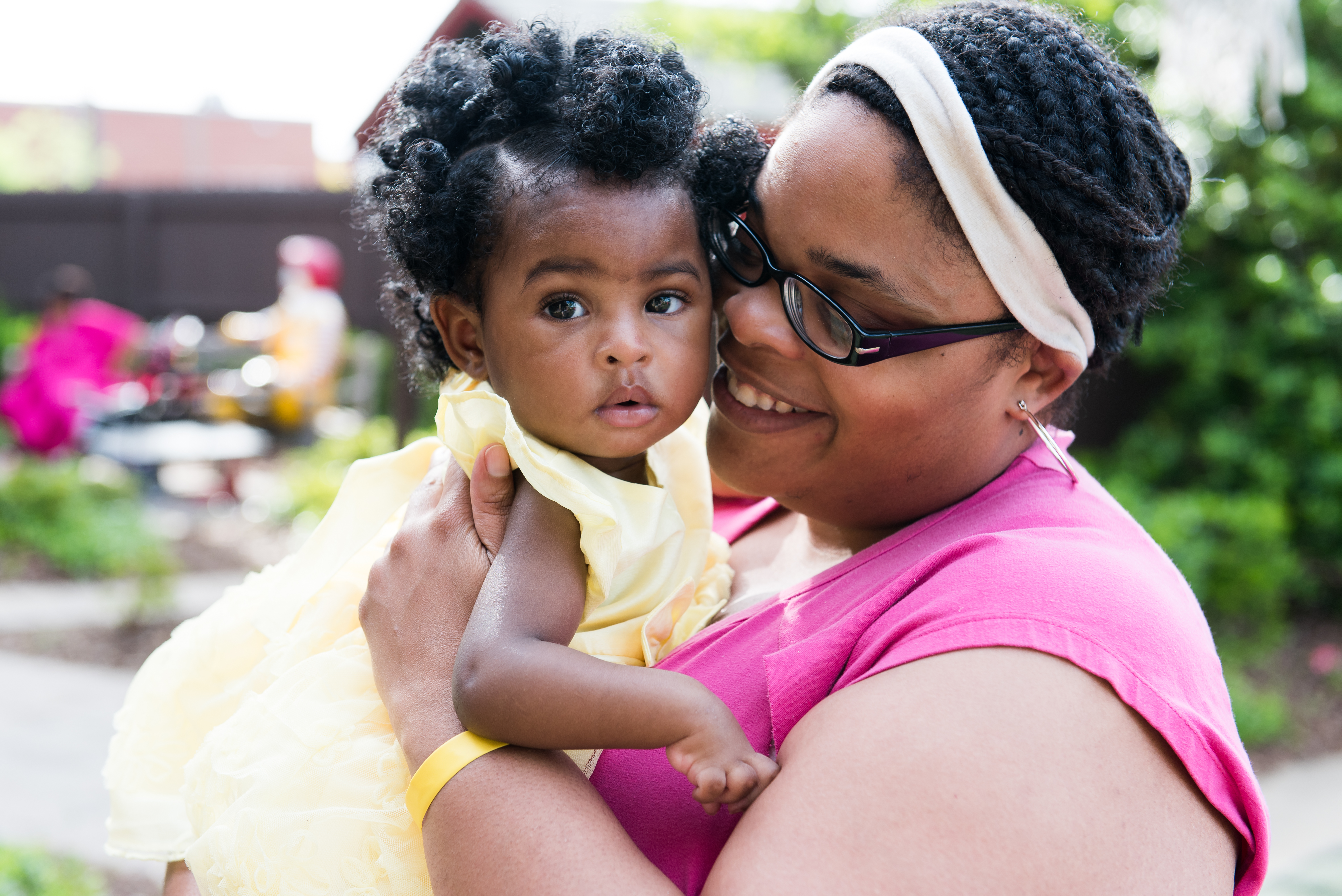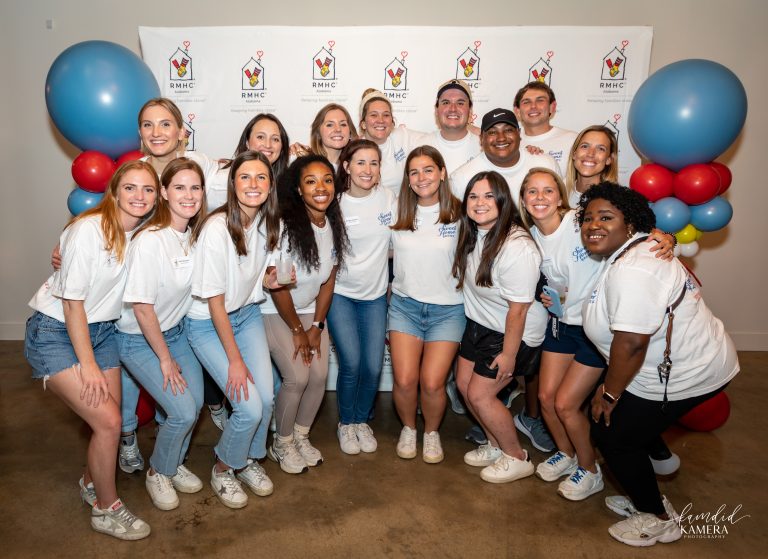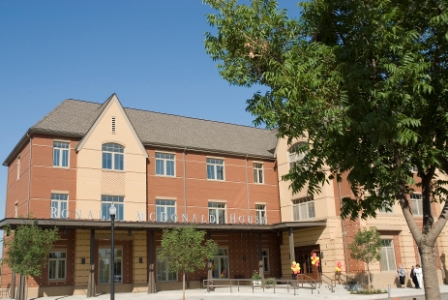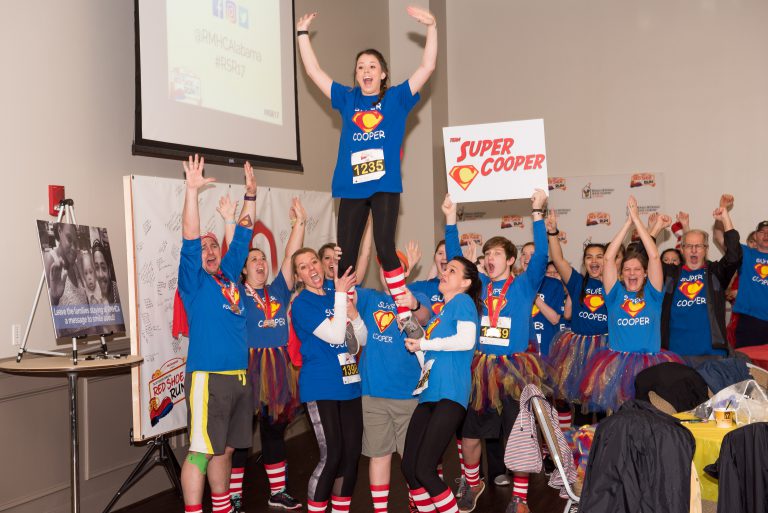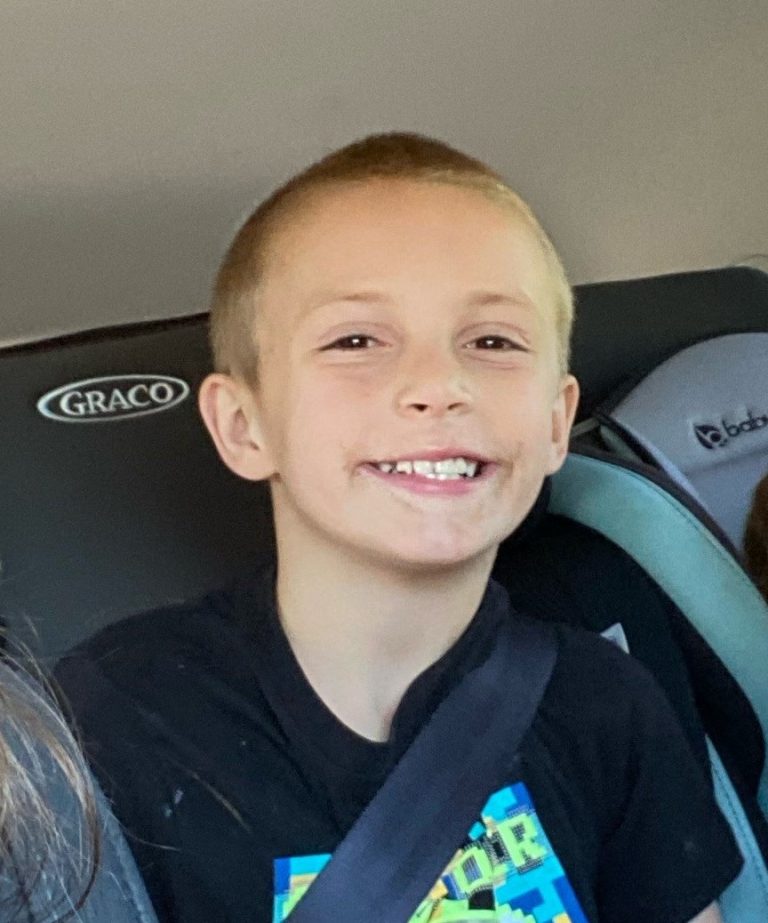When nine-year-old Ruger Ennis celebrated his birthday this year, it wasn’t at home in Ardmore, Alabama. Instead, his party was held in a place that has become a second home—the Ronald McDonald House in Birmingham.
Ruger’s story is one of extraordinary resilience. He was born with his feet turned backwards and no kneecaps, and doctors couldn’t explain why. Early genetic testing offered no answers, leaving his future uncertain. But when Ruger was just three years old, his family found hope in a doctor in Huntsville, Alabama. “I’ve only ever done this surgery on one other child,” he told Ruger’s mom, Haley Schrimsher. “But you won’t know if he’ll walk unless we try. Six months later, Ruger was not only walking—he was running and playing baseball like any other child.
Then came March 2025.
After a trip to a concert in Florida, Ruger began vomiting and couldn’t keep down his seizure medication. His pediatrician quickly realized something was wrong. “His kidneys are failing, and that’s extremely dangerous. You need to get to Children’s,” his doctor warned. By March 28, his mother Haley’s birthday, they received the diagnosis: FSGS, focal segmental glomerulosclerosis, a rare kidney disease. A few weeks later, genetic testing confirmed Ruger has Nail-Patella Syndrome—an ultra-rare condition that explained everything from his reversed feet to his failing kidneys.
By late April, Ruger was in Stage 5 kidney failure.
Now on dialysis and awaiting a transplant, Ruger and his family are staying at the Ronald McDonald House again—just like they did during his early treatments. But this time, the stakes are even higher. Ruger may need multiple kidney transplants in his lifetime. His mom and grandmother aren’t eligible donors, but hope came through the kindness of strangers. “Dr. Daniel Feig said he’s never seen so many people wanting to be living donors for one child,” Haley shared. Over 70 people signed up. “It went viral—James Spann even shared it.”
Ruger’s strength is remarkable. Despite everything, he remains positive and informed. “We don’t hide anything from him. He deserves to understand,” Haley said. His teacher has visited him four times, driving over three hours each trip. His classmates made flat Ruger popsicle sticks with his face on it and cheered him on through FaceTime.
Through it all, the Ronald McDonald House has been a constant source of comfort. “Without the House, Mom and I wouldn’t be able to stay together—we’d have to alternate,” Haley explained. “Every night after dinner, we sit outside or hang out in the family room. You lean on each other. It helps knowing you’re not alone in something so serious.”
The support goes both ways. Ruger’s family always gives back. “We always donate when we stay. Mom even asked how much it costs to provide meals for a week—and that’s what she gave,” Haley said. “We’ll continue to give, get the car tag, and support any way we can. If we didn’t have the House, I honestly don’t know how we’d manage switching off, being 2.5 hours away.”
And they’ll be staying for a while. After his transplant, Ruger will need to remain in Birmingham for six months, isolated and completing school virtually.
“The House makes everything easier. We’ve become close with other families. Every night after dinner, we sit outside or hang out in the family room. You lean on each other—it helps knowing you’re not alone in something so serious.” — Haley Schrimsher, Ruger’s Mom
Every night a family like Ruger’s stays at Ronald McDonald House Charities of Alabama, it costs RMHCA about $150—but families are never asked to pay. This support is only possible because of donors, volunteers, and community members who believe that when a child is sick, their whole family deserves to be surrounded by care.
Support families like Ruger’s by donating to RMHCA, volunteering, or sharing our mission on social media. Because no family should face a medical crisis alone.
